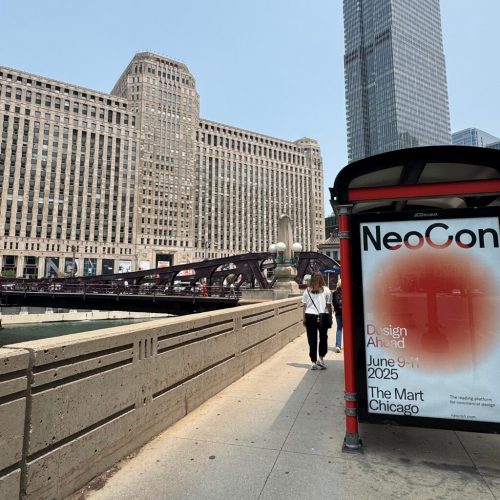Can digital therapeutics become profitable? (MedTechDive):
In 2020, the Food and Drug Administration cleared Akili Interactive’s video game to improve attention in kids with ADHD. It was the first time that a video game for treatment was cleared by the agency, and is one example of a digital therapeutic, a class of software-based treatments with FDA indications.
Now, as the market is further developing, these companies have built up big ambitions.
Corey McCann, the CEO of Pear Therapeutics, which has three FDA-cleared digital treatments, hopes to make them the standard of care and garner widespread insurance coverage. After going public last year, Pear aims to increase its revenue 30-fold by 2023, based on expectations that more insurers will cover its products, and more physicians will write prescriptions.
However, it remains to be seen whether they will be able to achieve these goals, or sustain the costs that come with developing a new class of treatments.
While getting FDA clearance was a first step, experts identified several hurdles ahead, including getting physician uptake, building pathways to reimbursement, and importantly, developing software that patients will want to use.
“There’s still a lot of foundational work that needs to be done,” said Maya Desai, director of life sciences for Guidehouse. “There’s a lot of behavioral change that needs to happen across the stakeholders and their mindsets to think about digital therapeutics as a category of its own.” » Keep reading excellent article HERE, over at MedTechDive
News in Context:
A conversation at the frontier of digital health innovation, FDA regulations, and cognitive health:
In terms of spurring innovation, one approach is to have a regulatory paradigm that’s better suited for these devices. Because if you set the bars in the right place, and we’re not talking about changing the US authorization standard of safety and effectiveness, but instead providing greater flexibility on how that standard is met and better tailored to the technology, this creates efficiencies, reduces unnecessary costs, and makes it more attractive to have innovative technology come to the U.S. And I’d love to see better reimbursement available, as well, because we know that will drive great technologies coming to the marketplace … And if we can get payment policies to come into alignment, I think the U.S. would be incredibly attractive for innovative technology to be developed and available, and that includes in the Alzheimer’s space. — Dr. Jeffrey Shuren, a behavioral neurologist who has held a variety of leadership roles at the FDA and CMS
- Digital therapeutics pioneer Akili Interactive plans to go public in mid-2022 at a $1B valuation
- Pear Therapeutics raises $175M and goes public via SPAC deal raising the profile of prescription digital therapeutics (Update: shares were priced at $10 on December 6th; they are $4.59 at end of April 20th)
- Lyra Health, Big Health and Mantra Health raise a combined $332M to commercialize digital therapeutics for mental/ behavioral health
- The National Academy of Medicine (NAM) shares discussion paper to help empower 8 billion minds via the ethical adoption of digital mental health and neurotech
- A call to action: We need the right incentives to guide ethical innovation in neurotech and healthcare



